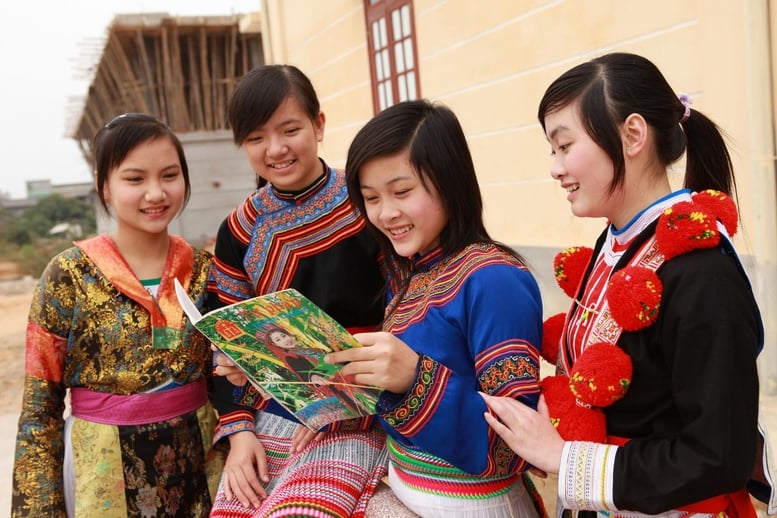
The Prime Minister approved the Program to improve the quality of education and training for ethnic minorities in the Central Highlands.
The program focuses on goals and solutions to improve the quality of preschool education, general education and continuing education in the Central Highlands in the provinces of Dak Lak, Gia Lai, Quang Ngai and Lam Dong, ensuring the subjects and scope according to the orientation in Resolution No. 23-NQ/TW dated October 6, 2022 of the Politburo on the direction of socio-economic development and ensuring national defense and security in the Central Highlands region to 2030, with a vision to 2045.
Strive for 100% of school-age children to go to school
The program sets specific goals for preschool education, striving to complete universal preschool education for preschool children. The rate of mobilizing children to go to school reaches 35 - 38% of children of nursery age. Strive to have 99.5% of preschool children attend school 2 sessions/day. The rate of stunted children is < 5%; the rate of underweight children is < 3%; 100% of children receive regular health check-ups.
For General Education, the Program targets the rate of school attendance at the right age at primary school to reach 99.5%, at lower secondary school to reach 97%; the rate of school-age children attending school to reach 100%; the rate of completing primary school to reach 99.7%, at lower secondary school to reach 99% and completing high school to reach 95%; 100% of primary school students to study 2 sessions/day. Increase the rate of ethnic minority students studying in ethnic boarding schools to over 15%.
100% of general education institutions with ethnic minority students organize activities for students to learn about ethnic minority culture in schools; ethnic minority students are taught the language and writing of their own ethnic group and the languages of neighboring countries according to the needs and regulations of the Ministry of Education and Training .
Strive for 100% of preschool and primary school teachers to meet the required qualifications and be trained according to regulations.
Regarding the quantity and quality of the teaching staff, the Program strives for 100% of general education institutions with students registered to learn ethnic minority languages to have enough teachers to organize teaching of ethnic minority languages according to the regulations of the Ministry of Education and Training. 100% of preschool and general education teachers meet the standard qualifications and are trained according to the provisions of the Education Law; strive to increase the rate of teachers who meet above the standard. Strive for 100% of the management staff, teachers, and employees to be trained in ethnic minority languages and update their knowledge of local culture.
Regarding facilities and equipment, by 2030, strive to achieve 100% of solidification of schools, classrooms and teachers' housing; 65% of kindergartens, 65% of primary schools, 75% of secondary schools and 60% of high schools meeting national standards; 100% of schools have internet connection for learning and management purposes; 100% of primary, secondary and high schools have computer labs.
06 solution tasks
To achieve the above objectives, the Program will implement 6 specific tasks and solutions:
1. Strengthening the leadership and direction of Party committees and authorities at all levels, close coordination between sectors and levels, and the attention of the whole society to the development of education and training for the Central Highlands region.
Innovate propaganda methods to raise awareness of the role of education, improve people's intellectual level in socio-economic development, and ensure security and defense for the Central Highlands region.
2. Developing a network of educational facilities and enhancing facilities to meet the learning needs of ethnic minorities in the Central Highlands.
Planning and developing a network of educational facilities to ensure enough schools and classes to meet the requirements of universalizing preschool education for kindergarten, primary and secondary school children, aiming to implement 9 years of compulsory education, ensuring that all people have the opportunity to access education.
Continue to solidify schools and classrooms; eliminate temporary classrooms; promote the construction of national standard kindergartens and primary schools.
3. Developing a team of managers, teachers and staff
Prioritize the arrangement of sufficient quantity and structure of teaching staff and management staff; train and standardize the staff. Develop recruitment plans, supplement teachers and staff according to regulations, suitable to the characteristics of the Central Highlands; implement rotation to overcome local surplus and shortage. At the same time, order training and recruitment to ensure the source of teachers for English, ethnic minority languages and IT.
Issue or submit to competent authorities for issuance policies to attract teachers to work in disadvantaged areas in the Central Highlands; encourage high school graduates, especially ethnic minority students with good academic performance, to study pedagogy in subjects where there is a shortage of teachers, in order to create a quality human resource for education in the Central Highlands.
Continue to train and develop managers and teachers to meet new educational programs; enhance training for teachers and managers in information technology skills, digital skills, and integrated teaching according to the requirements of the 4.0 industrial revolution.
Training in ethnic minority languages and culture of the Central Highlands ethnic groups for managers and teachers to facilitate teaching, communication with parents and educating students to preserve ethnic cultural identity.
4. Maintain and improve the quality of mass education as a basis for improving the quality of key education; effectively implement universal education, eliminate illiteracy, and preserve the culture of ethnic minorities in the Central Highlands.
Promote and improve the effectiveness of illiteracy eradication and universal education at all levels, with special priority given to women and girls in ethnic minority areas with special difficulties; effectively implement recruitment policies linked to local needs and job placement capabilities, strengthen inclusive education for people with disabilities and children in special circumstances, and promote the socialization of education.
Innovate teaching, testing and assessment methods towards comprehensive development of students' qualities and abilities. Focus on political education, national defense and security, building strong political will and sense of responsibility for the task of building and protecting the Fatherland for students.
Strengthen career education and student orientation in line with production practices and local labor needs; have a mechanism to attract the participation of vocational training institutions and businesses in program development and evaluation of educational outcomes.
5. Promote the application of information technology and digital transformation in education
Strengthening conditions to ensure the implementation of information technology applications and digital transformation, prioritizing investment and having support policies to ensure high-speed Internet connection to all educational institutions, ensuring appropriate computer equipment for students and teachers.
Promote the application of information technology, digital transformation, modernization, and improve the efficiency of the education management system and teacher activities. Develop a digital science repository, an online question bank to share and use in schools in the area. Organize seminars and training courses to improve capacity in science and technology, digital technology application skills, and advanced educational methods such as STEM and AI for teachers and education managers.
6. Perfecting policies to support teachers and learners; mobilizing resources to implement the Program's goals.
Implement current policies well, continue to research, improve and effectively implement educational policies suitable for ethnic minority and mountainous areas in the Central Highlands, focusing on supporting policy-based learners, poor households, people with disabilities, and orphans; support policies for teachers in disadvantaged areas, policies to attract and improve the quality of staff; reward students and teachers with outstanding achievements, contributing to improving the quality of key education.
Snow Letter
Source: https://baochinhphu.vn/nang-cao-chat-luong-giao-duc-dao-tao-cho-dong-bao-dan-toc-tay-nguyen-1022510151143042.htm


![[Photo] General Secretary To Lam attends the 18th Hanoi Party Congress, term 2025-2030](https://vphoto.vietnam.vn/thumb/1200x675/vietnam/resource/IMAGE/2025/10/16/1760581023342_cover-0367-jpg.webp)

![[Photo] Nhan Dan Newspaper launches “Fatherland in the Heart: The Concert Film”](https://vphoto.vietnam.vn/thumb/1200x675/vietnam/resource/IMAGE/2025/10/16/1760622132545_thiet-ke-chua-co-ten-36-png.webp)



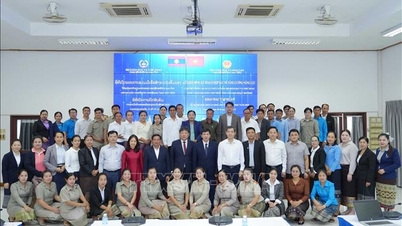



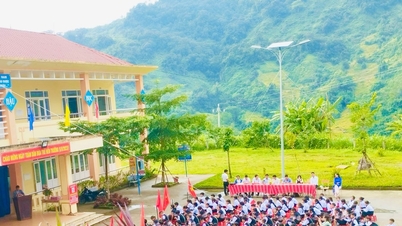



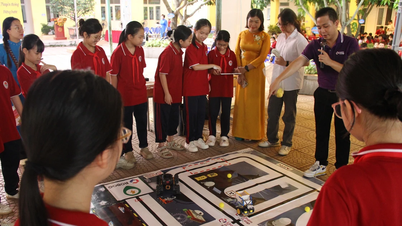






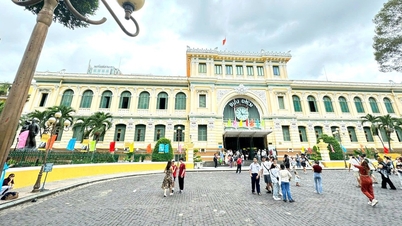



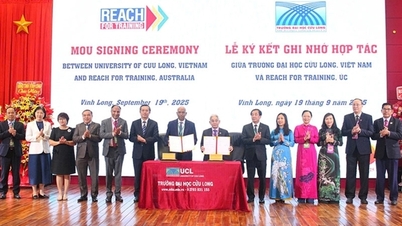






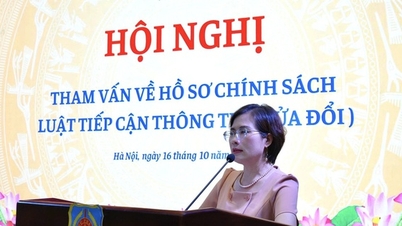
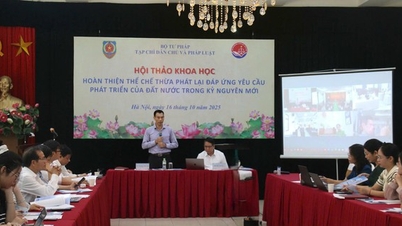








![[Video] TripAdvisor honors many famous attractions of Ninh Binh](https://vphoto.vietnam.vn/thumb/402x226/vietnam/resource/IMAGE/2025/10/16/1760574721908_vinh-danh-ninh-binh-7368-jpg.webp)




























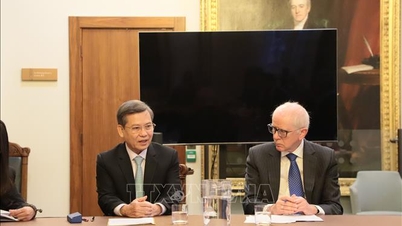
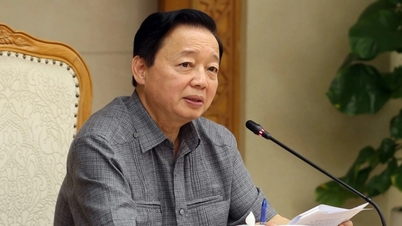







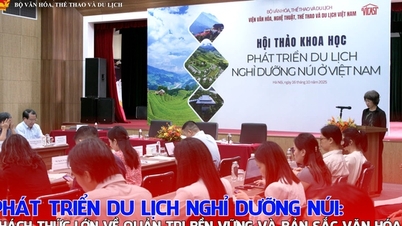



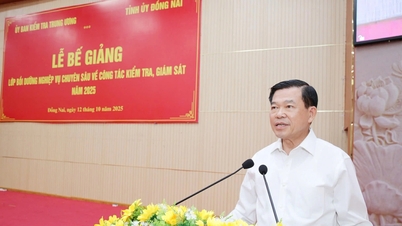





















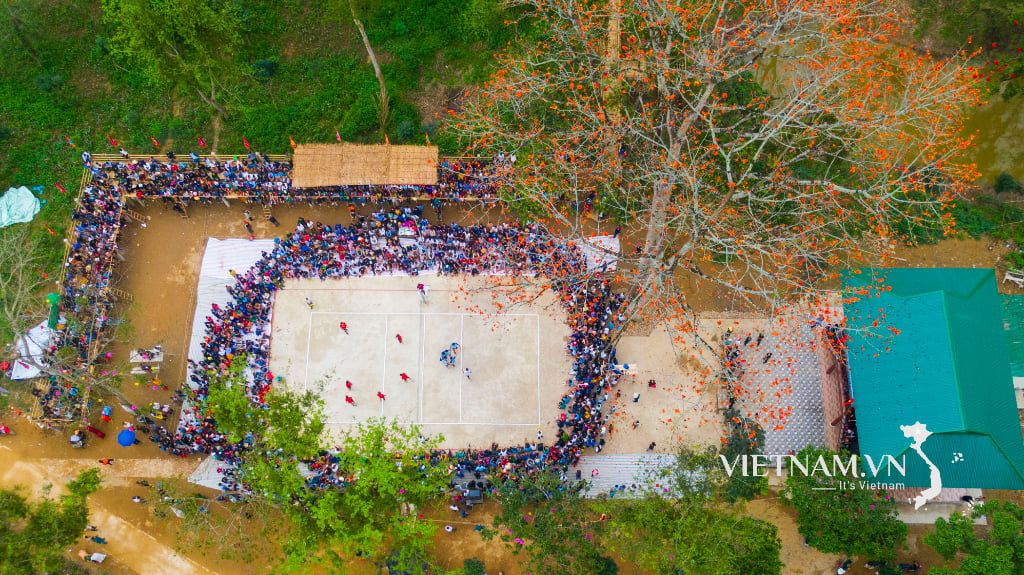



Comment (0)